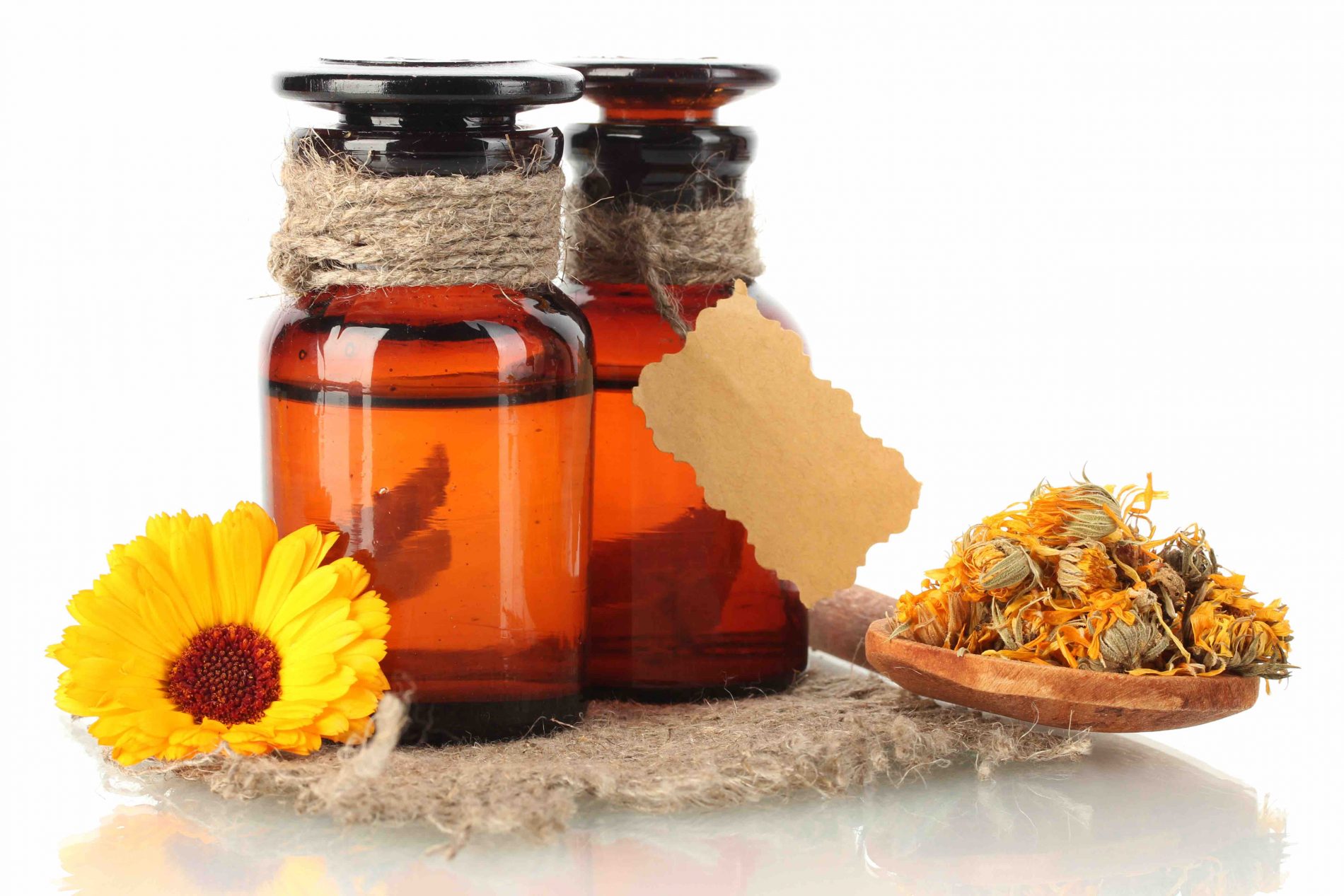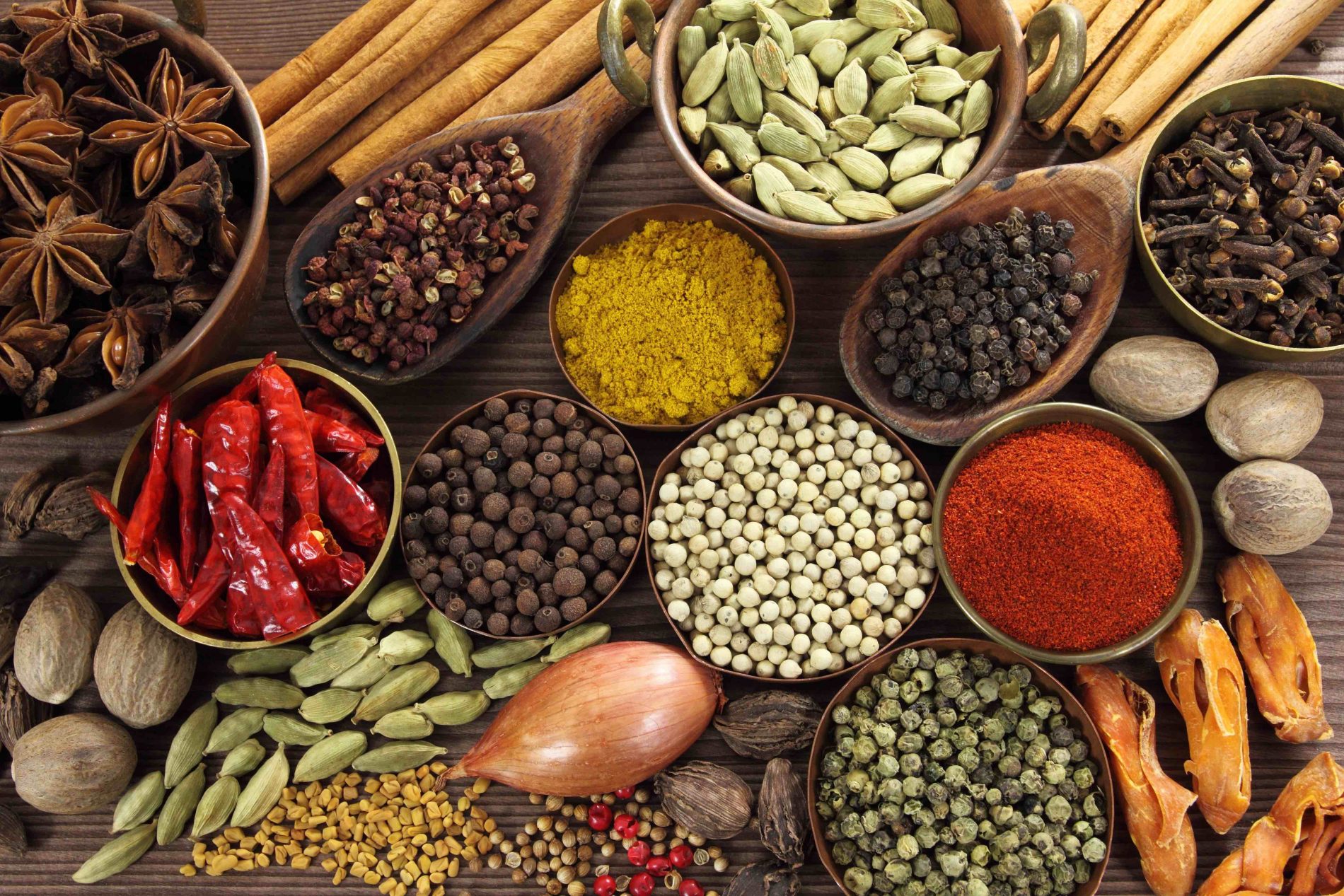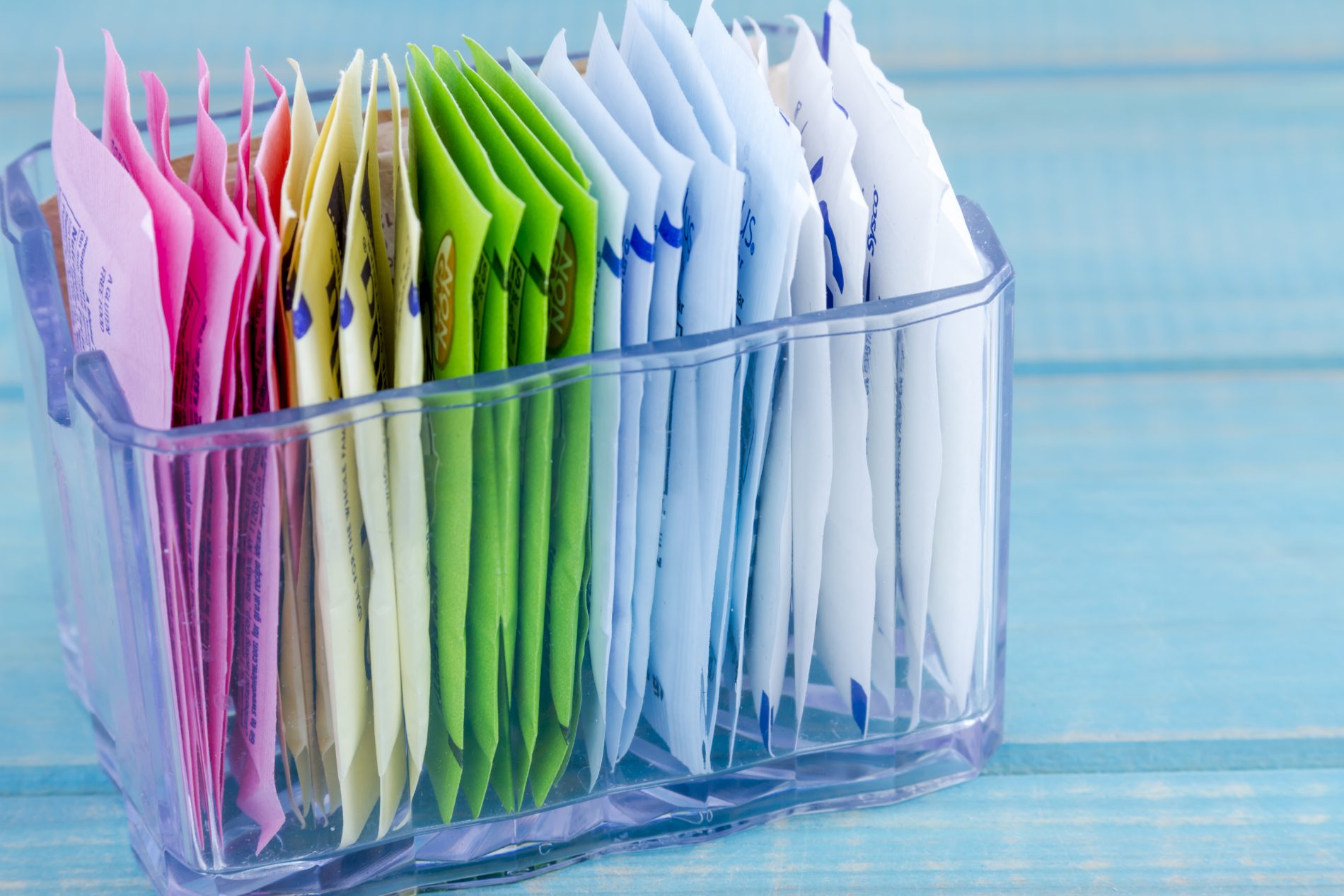As a certified Homeopath I am often asked “What exactly is Homeopathy”?
Many of us have heard the word and seen the small vials filled with pellets at the health food store but are still unsure of what Homeopathy exactly is. Many people think homeopathic remedies are just another form of herbal medicine but in actuality most homeopathic medicines contain only the “vibration” or “memory” of the original substances and not the actual substance at all therefore making Homeopathy its own unique system of medicine.
Samuel Hahnemann, a German physician founded Homeopathy in the late 1700s. The fundamental principle of Homeopathy is The Law of Similars, which means “like cures likes”. What exactly does that mean? According to Hahnemann, one can treat individuals with medicines that are capable of producing in a healthy person similar symptoms to those experienced in a sick person. For example, drinking coffee can CAUSE insomnia but used in the homeopathic form, coffea is often used to TREAT insomnia.
Homeopathic remedies are made from either mineral, plant or animal substances where the original substance is diluted many times over and shaken (succussed). This potentisation process allows the water to retain only a “memory or vibration” of the actual substance and no molecules of the original substance due to the dilution process are left. This is why many people believe it is a placebo effect.
I know that it is hard to believe that a remedy with no crude substance can work but it really does! In fact, the system of action that gives homeopathics their capability is multifaceted, and specialists are now studying quantum physics and the science of nanoparticles to more completely understand how homeopathic remedies work. Keep in mind that homeopathy is used on animals, infants and children with great success where the placebo effect is absent.
According to the Homeopathic Research Institute over 200 million people worldwide use homeopathy on a regular basis. Homeopathy is included in the national health systems of a number of countries including the United Kingdom, India and Switzerland. Homeopathy is practiced in 40 out of 42 European countries.
Homeopathic care is individualized and involves assessing an individual’s body system disorders. We take into account the person as a whole; the physical, emotional and mental symptoms. Specific homeopathic interview methods are used, then homeopathic remedies are prescribed to stimulate, maintain or restore health. Homeopathy is used to treat acute conditions such as the common cold or a sprained ankle as well as chronic and long standing conditions such as depression, digestive issues, hormonal imbalances and eczema to name a few.
Homeopathy is a gentle but effective path to healing and can be used with children and infants, adults, the elderly, and even animals making it a wonderful starting point for anyone new to alternative medicine. Homeopathy is safe and a natural system of healing that will assist your own body to clear itself of any imbalance, restoring itself and improving your overall health. All in all Homeopathy works by stimulating your body’s OWN healing power.
________________________________
Blog by Guest Author:
 Nanette Basic
Nanette Basic
Registered Homeopath, B.A., HOM
Homeopathy is an alternative system of medicine that stimulates the body to heal itself. As a homeopath, Nanette’s vision is to promote individualized health and healing in its most gentle, effective and natural form. She treats a wide range of physical conditions such as digestive and hormonal issues as well as mental and emotional concerns. Nanette completed an intensive program at the Ontario College of Homeopathic Medicine, has a B.A. in Sociology and is fluent in French. She has a network of professional colleagues in the natural health field, with which she collaborates including homeopaths, naturopaths, chiropractors and massage therapists. Her services include homeopathic treatment, natural supplement recommendations if needed, lifestyle and nutritional counselling. Her purpose is to put the choice of health back into the hands of the individual to live a happier, healthier and better quality of life.
Find Nanette at
www.Facebook.com/HomeoMedNaturalHealth
416.312.6208
Jo-Anne Richardson has almost a decade of experience managing a chiropractic office and educating patients on how chiropractic can allow your body to express optimal health. She is a Registered Holistic Nutritionist and holds a Degree in Communications. She loves to experiment with raw vegan recipes, loves to salsa dance, travel and learn new holistic health information to share tips with everyone who visits the office.



